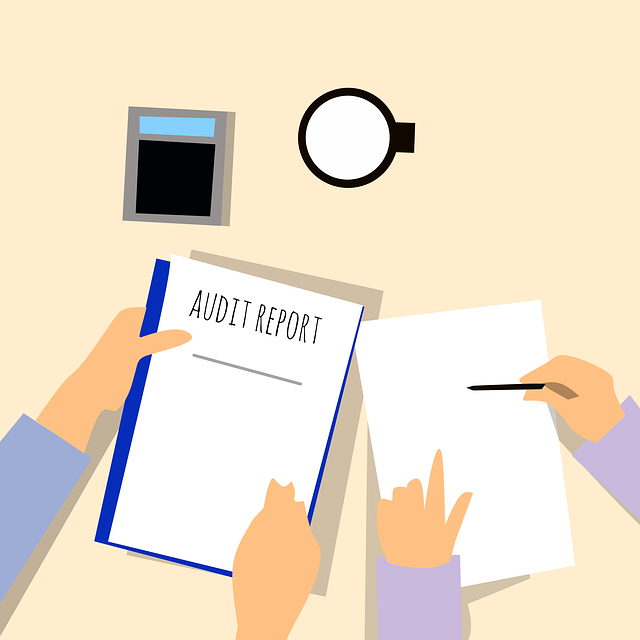
Expense manager apps can help you manage your spending habits and stay on track with your finances. These apps are available for all types of accounts, including bank accounts, credit cards, and wallets. These apps also allow you to manually enter expenses by adding a receipt photo and a description. You can also use the dashboard to set reminders for payments, create custom categories and manage your budget. You can view your income and total spending over the last month with the dashboard. You can also see how much you have left each day, and what your daily spending limit is. You can see detailed graphs showing your income as well as your expenses.
Wallet
An expense manager application is essential if you are to maintain control of your budget. These apps can be used to create categories and record transactions. You can also transfer money between accounts. These apps also provide useful statistics and insight.
Money Lover
Money Lover allows you to manage expenses with an intuitive interface. It allows users to create subcategories, set a monthly budget, and track their spending. It also offers personalized advice, has a calculator and lets you link bank accounts. It can keep track of your total spend and alert you when you approach budget limits.

Wally
Wally is a handy app to keep track of expenses. It allows you to manage expenses by category and track your progress on a budget. It also lets you upload receipts and scan bills. The app supports over 200 currency pairs and allows you see the amount of money spent in each one.
Monefy
You can keep track of all your expenses with the Monefy expense management app. It is simple to use and navigate. It has features such as expense categories and budget periods. It is also cross-platform.
Spendee
Spendee provides a comprehensive overview and control over all of your expenses. You can set budgets and get notifications if your limit is exceeded. The app also allows you to link bank accounts with crypto wallets, so that it can track your cash flow. It also allows you to enter transactions manually and review real-time reports.
CoinKeeper
CoinKeeper is an expense manager app that allows users to track their spending and create a budget. Users can organize their spending by category, day, or week and can see how much money they've spent in colorful charts. Users can also export their data and schedule repeat transactions.

One Touch Expense
One Touch ExpenseManager is an app that will help you track your income and expenses. One Touch Expense manager is one of the top 10 expense management applications available. It is however, a bit confusing to use due to the complicated interface. The app is completely free and offers many useful features.
FAQ
What does a financial planner do?
A financial planner will help you develop a financial plan. A financial planner can assess your financial situation and recommend ways to improve it.
Financial planners, who are qualified professionals, can help you to create a sound financial strategy. They can give advice on how much you should save each monthly, which investments will provide you with the highest returns and whether it is worth borrowing against your home equity.
Financial planners are usually paid a fee based on the amount of advice they provide. However, some planners offer free services to clients who meet certain criteria.
What are the Benefits of a Financial Advisor?
A financial plan will give you a roadmap to follow. It will be clear and easy to see where you are going.
This gives you the peace of mind that you have a plan for dealing with any unexpected circumstances.
A financial plan can help you better manage your debt. Once you have a clear understanding of your debts you will know how much and what amount you can afford.
Your financial plan will help you protect your assets.
What is wealth Management?
Wealth Management can be described as the management of money for individuals or families. It includes all aspects of financial planning, including investing, insurance, tax, estate planning, retirement planning and protection, liquidity, and risk management.
What are the best strategies to build wealth?
Your most important task is to create an environment in which you can succeed. You don’t want to have the responsibility of going out and finding the money. If you're not careful you'll end up spending all your time looking for money, instead of building wealth.
You also want to avoid getting into debt. Although it is tempting to borrow money you should repay what you owe as soon possible.
You are setting yourself up for failure if your income isn't enough to pay for your living expenses. If you fail, there will be nothing left to save for retirement.
It is important to have enough money for your daily living expenses before you start saving.
What is retirement plan?
Retirement planning is an essential part of financial planning. You can plan your retirement to ensure that you have a comfortable retirement.
Retirement planning involves looking at different options available to you, such as saving money for retirement, investing in stocks and bonds, using life insurance, and taking advantage of tax-advantaged accounts.
How old do I have to start wealth-management?
Wealth Management can be best started when you're young enough not to feel overwhelmed by reality but still able to reap the benefits.
The sooner you begin investing, the more money you'll make over the course of your life.
You may also want to consider starting early if you plan to have children.
Savings can be a burden if you wait until later in your life.
Statistics
- According to a 2017 study, the average rate of return for real estate over a roughly 150-year period was around eight percent. (fortunebuilders.com)
- A recent survey of financial advisors finds the median advisory fee (up to $1 million AUM) is just around 1%.1 (investopedia.com)
- These rates generally reside somewhere around 1% of AUM annually, though rates usually drop as you invest more with the firm. (yahoo.com)
- If you are working with a private firm owned by an advisor, any advisory fees (generally around 1%) would go to the advisor. (nerdwallet.com)
External Links
How To
How to invest once you're retired
Retirement allows people to retire comfortably, without having to work. But how do they invest it? You can put it in savings accounts but there are other options. For example, you could sell your house and use the profit to buy shares in companies that you think will increase in value. You can also get life insurance that you can leave to your grandchildren and children.
But if you want to make sure your retirement fund lasts longer, then you should consider investing in property. As property prices rise over time, it is possible to get a good return if you buy a house now. You could also consider buying gold coins, if inflation concerns you. They are not like other assets and will not lose value in times of economic uncertainty.